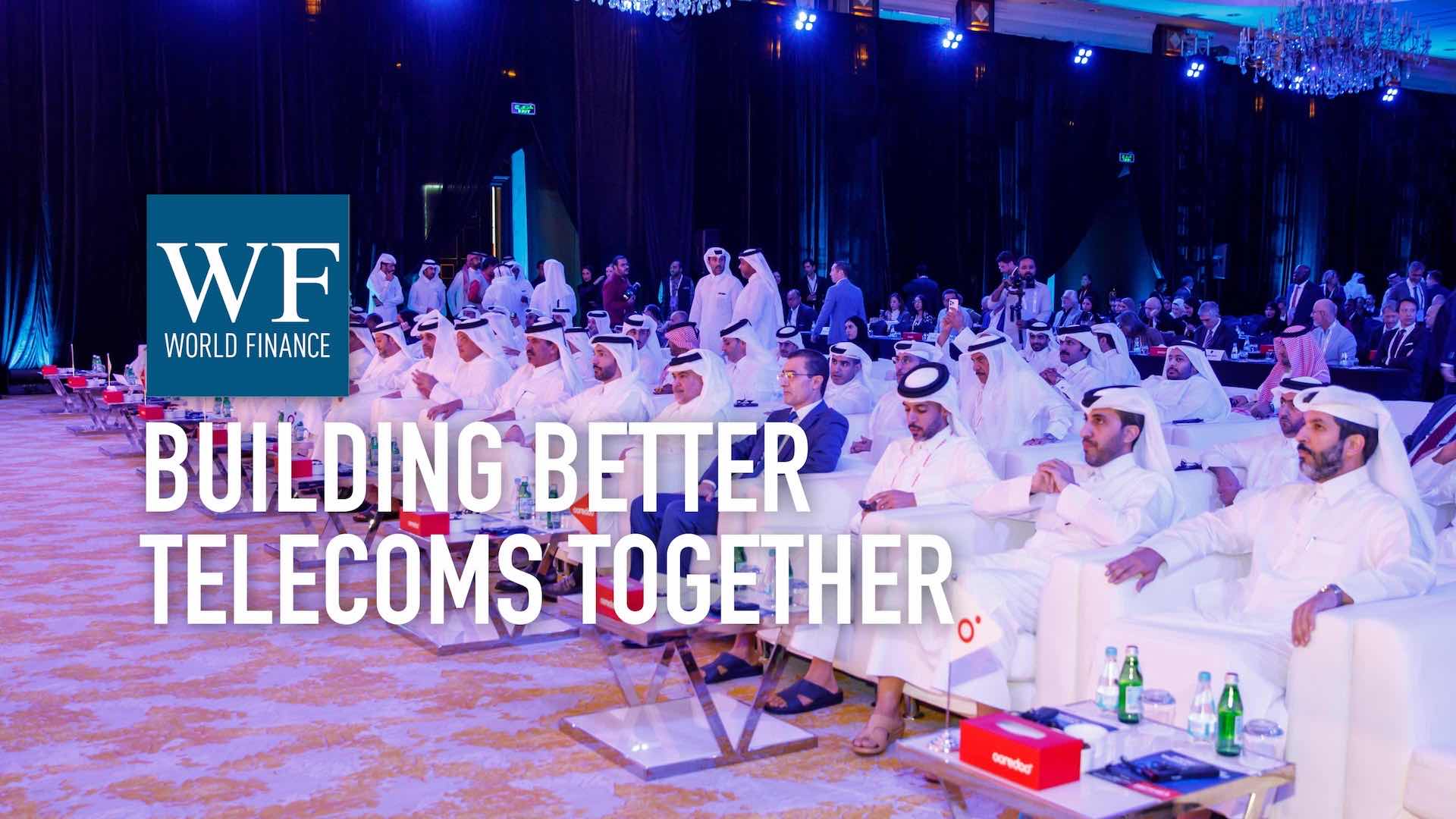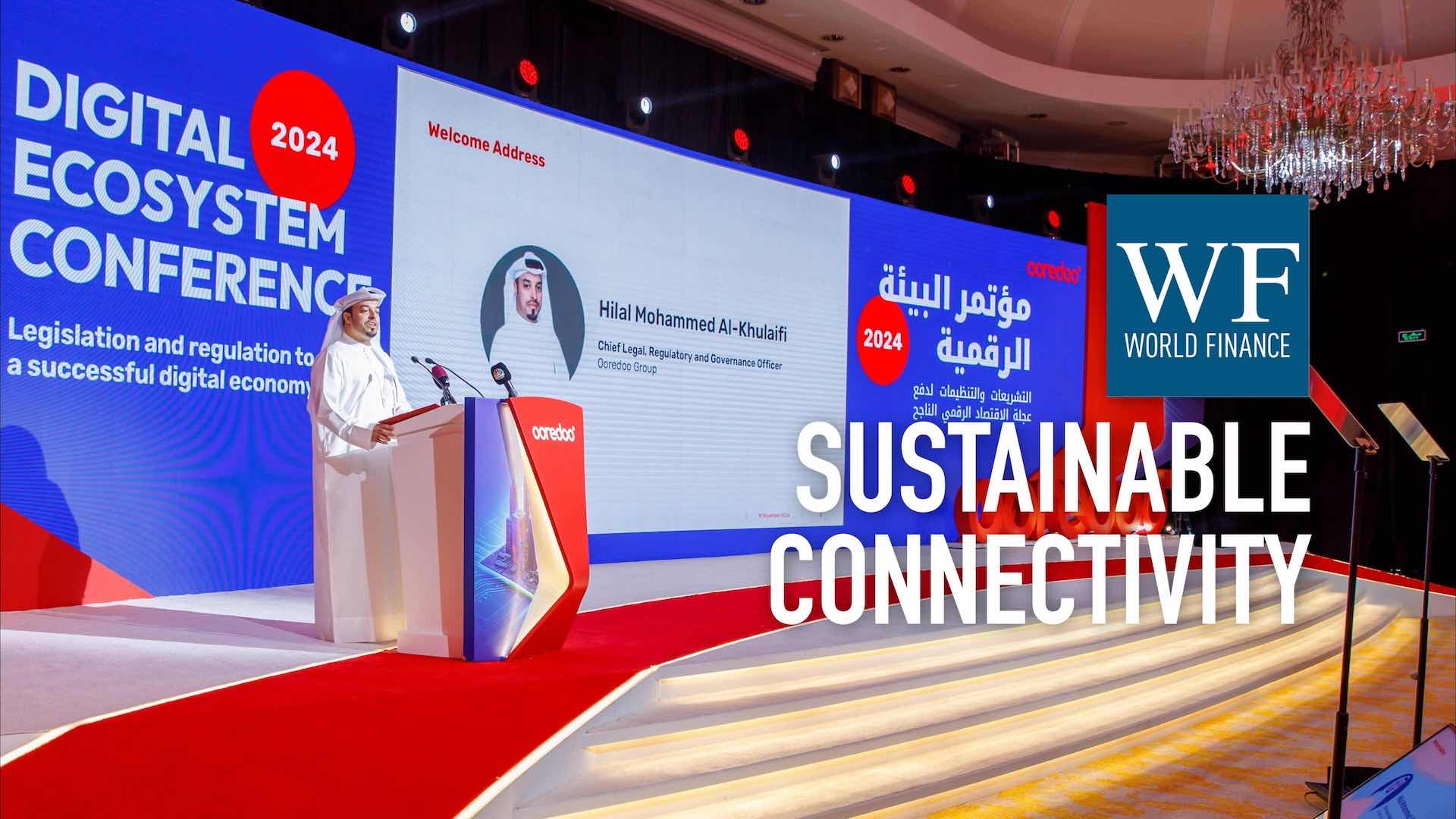Globalvia on the future of infrastructure investments
World Finance speaks to Perez Fortea, CEO of Globalvia, to examine the future of infrastructure investments
Related:
Transcript
In the wake of the 2008 financial crisis, infrastructure development by governments was put on hold as their coffers were spent on emergency responsiveness. Now, as markets open and governments start spending, Perez Fortea – CEO of global infrastructure titan Globalvia – tells us about how the growing appetite for development is happening worldwide.
World Finance: Javier, as governments rebound from the crisis, can you tell me how much money is being allotted to infrastructure development?
Javier Perez Fortea: That depends on where we’re talking about. If we’re talking about Europe, there’s nothing; because basically governments have cut down spending, and there are very few infrastructure projects that make it all the way through the tender process.
Now if we talk about the US, that’s a different story. In the US they acknowledge that their infrastructure network is obsolete, and they’re taking the steps needed to get everything renewed, and all this investment into the country.
In the US they acknowledge that their infrastructure network is obsolete
They are doing this; and they announced it a couple of months ago by creating an infrastructure hub that will gather up all the know-how and all the best practices in the industry.
I had the opportunity to participate in the B20 meetings in Australia this summer; what came out of those meetings was some proposals that we were making to the G20 Prime Ministers for their meeting later on in November in Brisbane, Australia. And infrastructure is considered a tool to create jobs and a sustainable economy.
Again, one of the proposals that the B20 made for the G20 was precisely to create an international infrastructure hub, which would look over all the infrastructure projects that are needed all over the world; specifically in the developing economies.
World Finance: Excellent; now can you tell me about some of the examples of some of these recent projects that you’ve taken on?
Javier Perez Fortea: We’ve just finished construction and opened to traffic a highway in Mexico. It’s a highway in the corridor that connects Mexico City to the Gulf of Mexico. That was opened to traffic in September.
We also completed the construction of the subway in Malaga, a city in the south of Spain. And that was opened to traffic in late July.
These projects however were projects that were tendered and awarded prior to the crisis. The only countries that have been active during the crisis are emerging economies – for example, our shareholder FCC has just been awarded the subway in Lima, Peru. Or the subway in Saudi Arabia, in Riyadh. So there are major projects happening; but not in Europe, unfortunately.
World Finance: Now we know that institutional investor sentiment has been shifting in terms of allocating more capital towards these types of projects; tell me how have you benefited from the change in sentiment?
Javier Perez Fortea: It used to be in the past that the financing for these projects came from banks – obviously governments also, but lately we are seeing a lot of institutional investors coming in. We’re talking about pension funds, infrastructure funds.
We in particular, Globalvia in particular, has benefited from this appetite from these types of investors, because we have three funds that back our company. That’s OPI Trust from Canada, PGGM from Holland, and USS from the UK.
These funds are funding our investments, which has allowed us to grow in a moment where it was almost impossible to grow. Because you know, Spain is in the south of Europe; the south of Europe was hit by the crisis even worse than some other countries in Europe. And in spite of this, we had the firepower and were able to grow, thanks to the backing of these pension funds.
Basically, we are now probably the largest subway and tram investor and operator
So we are very glad that there are alternative sources of funds, and we think that companies like us are still very much needed in this infrastructure world. Because we’re the ones that are able to manage all the risks involved in transportation infrastructure projects.
World Finance: In light of this formidable marketplace, tell me; how much of it has influenced your ability to take on the Metro de Sevilla project?
Javier Perez Fortea: The Metro Sevilla is a great project for many reasons. But the main reason by which we decided to take it on was because it rounded off our curricula.
Basically, we are now probably the largest subway and tram investor and operator – because there are other larger operators, but we invest in the assets also.
So it has allowed us to be in the top of the world of operating subways and trams, which is allowing us to tender projects in Asia or in North America, or in Australia, for example, which we wouldn’t have been able to do prior to this.
World Finance: So tell me; what’s on the horizon for Globalvia?
Javier Perez Fortea: Three words: growth, growth, growth! We are hoping to keep investing with the backing of these pension funds that are behind us. And Globalvia is right now number two in the world by number of concessions that we operate; and we are hoping to make it all the way to number one, obviously, by investing very well and investing in very specific and transformational projects.
Not small projects, but large projects: always in the world of rail and road.
World Finance: Exciting times ahead; Javier, thank you so much for joining me today.
Javier Perez Fortea: Thank you.

 Building better telecoms: How Ooredoo helps advance standards and policies
Building better telecoms: How Ooredoo helps advance standards and policies Sustainable connectivity: Ooredoo’s ambitions for innovative and green telecoms
Sustainable connectivity: Ooredoo’s ambitions for innovative and green telecoms
